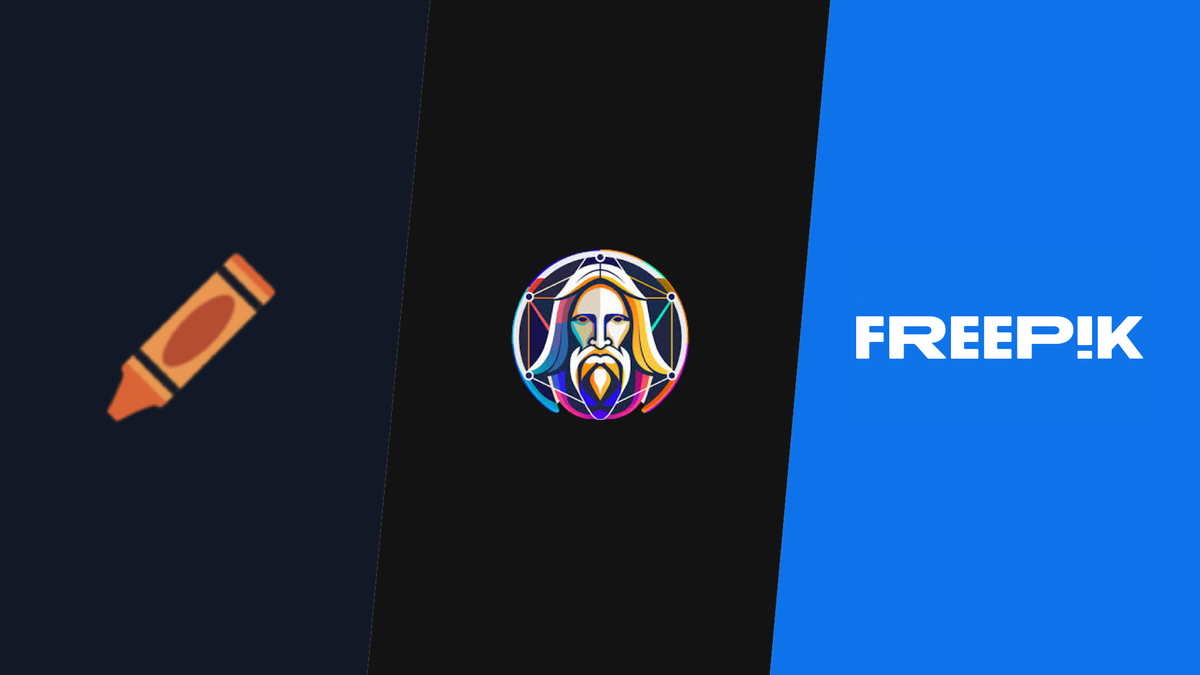Generative AI is growing in potential and utility with every passing week as companies continue to “one-up” each other. What began as creating nifty images from a quick text prompt has become full movie generation and animating previously static images.
Still, when it comes to free tools, there are some excellent options for creating AI images. Recently, OpenAI announced free users of ChatGPT would be able to create images in DALL-E for the first time, albeit just two per day.
Others, like those on this list, are more generous with their free offerings, but as always you’ll get more options if you’re happy to open your wallet (you can check out our guide to the best overall AI image generators for that).
So, whether you’re looking for a quick image to generate some laughs in the group chat, or you’re interested in testing out some ideas to help you make a purchasing decision on a paid plan, here are our picks for the best free AI image generation tools.
Best free AI image generator overall
Not only is Leonardo our pick for the best overall AI image generator, but its generous free tier makes it an excellent choice for newcomers, too.
Leonardo offers free plan users a bundle of tokens to use against AI image generation, and there’s no expiry for the free offering. That means you won’t need to subscribe after a month or so, or keep switching email addresses (we’ve all done it).
Still, being free is one thing, but that alone isn’t what makes Leonardo worth trying. While you’ll need to be a premium subscriber for certain features, it remains an excellent tool for just about any project.
It’ll be slower without paying, and Leonardo.Ai holds rights to what you’re creating, but for a quick image here or there it’s well worth your time.
Freepik may not be the AI image-generation tool on everyone’s lips, but it should be. The app is easy to use, but the free tier lets you generate 20 images a day.
If you were so inclined, that could be 7,300 images a year for nothing, built from over 140 million stock images, with rapid generation, too.
You can even upscale a couple of images a day for free if you have the credits, and the flexible payment options mean you can get 7,000 AI credits for just £7 per month, meaning you don’t have to go the “whole hog” of £32 per month if you need something more.
Craiyon is a little different to the other options on this list because it’s almost inverted – the base product is free, and the paid tiers improve upon it, rather than the free version being a watered-down version of the product.
There are some downsides, of course. Expect watermarks, for example, while you can pay to remove limitations like ads and higher priority, but for no outlay you can get 9 free images at a time.
Paid members help keep the lights on, of course, and it’s worth noting that plans start as low as $5 per month. There’s also a handy Background Remover tool you can use with no restrictions with no subscription.
Offering all the goodness of DALL-E 3 from ChatGPT but with a free tier that’s plenty capable, Microsoft Copilot Designer offers 15 image generations a day.
The premium plan adds additional app integrations within Microsoft 365 and faster performance, but even without paying it’s an impressive tool – not just for image creation, but for adjusting images, too.
Whether it’s pulling specific elements from an image, making adjustments to the color saturation, or replacing items entirely, it’s impressively malleable.
Google’s ImageFX is a free AI generation tool from top to bottom, and it leans on the new generation Imagen 3 model. It offers relatively realistic images from a quick text prompt, and there are no limitations – so you can create to your heart’s content.
Why’s it a little lower on this list? In our testing, it is a simple platform that can only generate square images. This is an experiment rather than a product, but the underlying technology will be built into Gemini and other products in the future, so it is a chance to see what is likely to be coming soon.
Google will also be able to retain your interactions for a year and a half, so that’s worth considering.
More from Tom’s Guide
Source link
